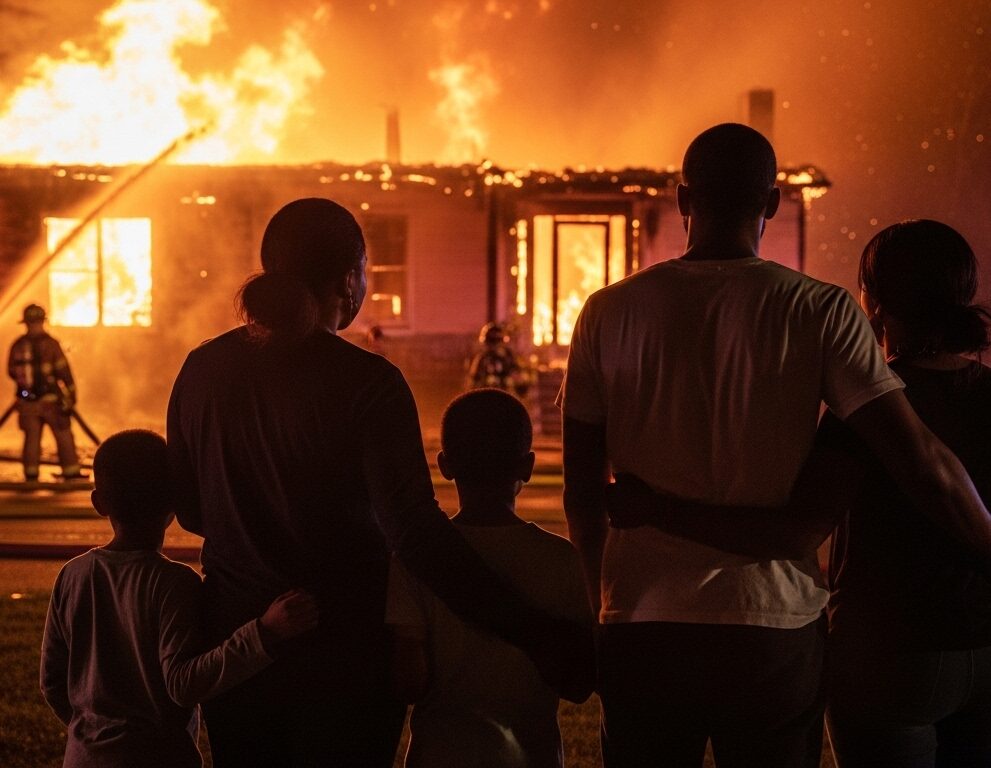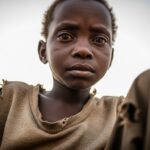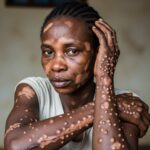On October 10, 2025, World Mental Health Day was observed globally under the theme “Access to Services: Mental Health in Catastrophes and Emergencies.” In Ghana, the day was marked by a powerful appeal from the Alliance for Mental Health and Development, also known as the Mental Health Alliance, which joined BasicNeeds-Ghana in urging the government, civil society, and communities to prioritize mental health and psychosocial support services during humanitarian crises. Their statement reflected a growing recognition that while physical survival is often the immediate focus in emergencies, the psychological toll of disasters is profound and frequently neglected.
Ghana has faced repeated humanitarian emergencies in recent years, ranging from perennial floods and droughts to fires, explosions, road accidents, conflicts, and building collapses. These events have claimed lives, injured countless people, and left families and communities grappling with lasting trauma. The Alliance noted that “response interventions have fallen short of inclusion of MHPSS for the affected individuals, families and communities”. While food, shelter, and water are typically prioritized, survivors are often left to cope with fear, anxiety, trauma, and depression without adequate support. For vulnerable groups such as women, children, persons with disabilities, and those already living with mental health conditions, the impact of emergencies is even more severe, compounding existing inequalities and increasing suffering.
The Alliance emphasized that recovery from disasters cannot be considered complete without addressing mental health needs. Families struggling to rebuild livelihoods, children whose education is disrupted, and communities attempting to regain stability all face greater challenges when psychosocial support is absent. As the statement declared, “Addressing the MHPSS is therefore not optional, but essential for individual healing, family stability and community resilience, recovery, as well as national development”. This call reflects a broader understanding that mental health is not a secondary concern but a fundamental component of health and wellbeing, particularly in times of crisis.
On World Mental Health Day, the Alliance issued a series of recommendations to the Government of Ghana. They urged authorities to integrate MHPSS into disaster preparedness and emergency response frameworks, including the National Disaster Management Organisation (NADMO) and Metropolitan, Municipal, and District Assemblies (MMDAs). They also called for first responders in disaster situations to include mental health experts, for increased investment in mental health within the national health budget, and for frontline health workers and humanitarian experts to be equipped with psychosocial first aid skills. The statement further highlighted the importance of strengthening community-based support systems, including self-help groups, to extend care to hard-to-reach areas, and combating stigma through nationwide awareness campaigns. These measures, the Alliance argued, are crucial to ensuring that mental health becomes a core part of Ghana’s Universal Health Coverage strategy.

The appeal also acknowledged Ghana’s progress in mental health policy, particularly the passage of the Mental Health Act in 2012 (Act 846) and the integration of mental health into primary healthcare. However, it pointed out that resources remain limited, services are concentrated in urban centers, and stigma continues to silence many in need. These challenges, the Alliance warned, become even more pronounced during crises, when the demand for psychosocial support increases but the capacity to deliver it is strained.
The human cost of neglecting mental health during emergencies is evident in the lives of survivors. Families displaced by floods often face prolonged uncertainty, leading to chronic stress and depression. Survivors of road accidents may struggle with post-traumatic stress disorder, while children who lose parents in disasters may experience long-term emotional and developmental setbacks. Without structured psychosocial support, these individuals are left to navigate their pain alone, and communities remain fragile long after the physical damage has been repaired.
The Alliance’s call is therefore a reminder that true recovery requires more than rebuilding infrastructure—it requires rebuilding lives. By embedding MHPSS into emergency response, Ghana can strengthen its capacity to withstand future crises and foster resilience at the community level. The statement stressed that “mental health is an essential part of health, especially in times of emergencies and catastrophes”, a sentiment that reflects the growing global consensus on the importance of integrating mental health into humanitarian response.
As Ghana reflects on World Mental Health Day 2025, the message from BasicNeeds-Ghana and the Mental Health Alliance is clear: mental health must be prioritized in all aspects of disaster preparedness and response. The challenge now lies in translating these recommendations into action. Increased budgetary allocations, training programs for first responders, and community-based initiatives will be critical. Equally important is the need for sustained political will and public engagement to ensure that mental health is no longer treated as secondary to physical health.
This vision, if realized, could transform how Ghana responds to disasters—moving from a model that focuses solely on physical survival to one that embraces holistic recovery. By prioritizing mental health, Ghana has the opportunity to build a more resilient, compassionate, and inclusive society, one that recognizes that healing the mind is as important as healing the body.
“ Let us reaffirm our commitment to make provision of mental health and psychosocial support part and parcel of our health and wellbeing needs, especially during humanitarian emergencies ensuring no one is left behind in times of crisis ”
Mental Health Alliance



